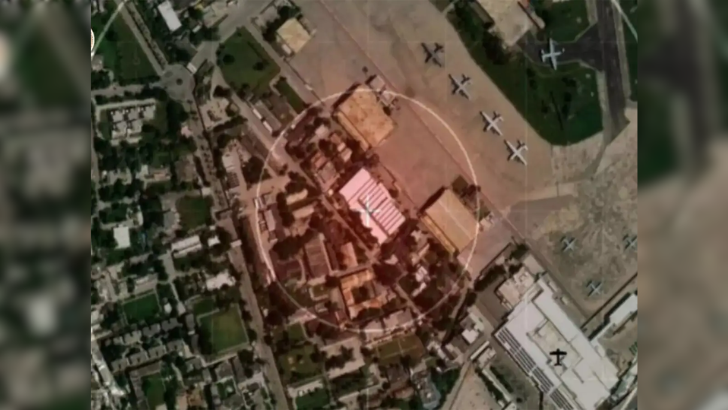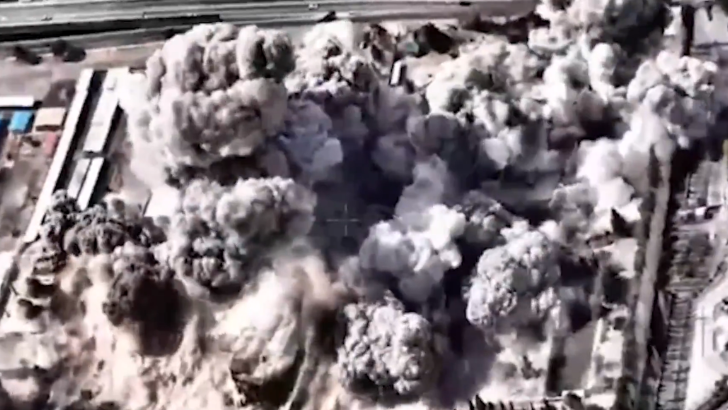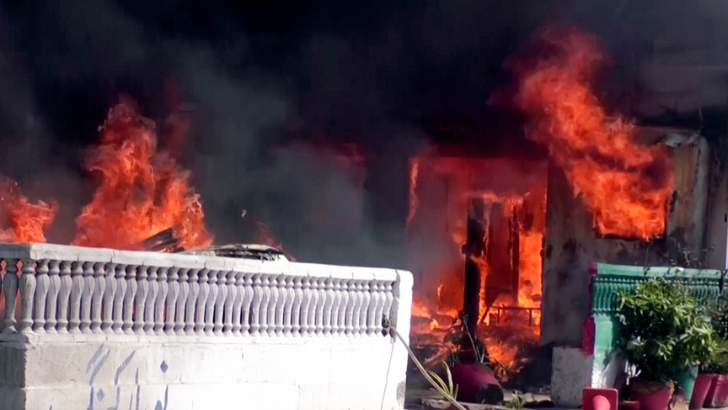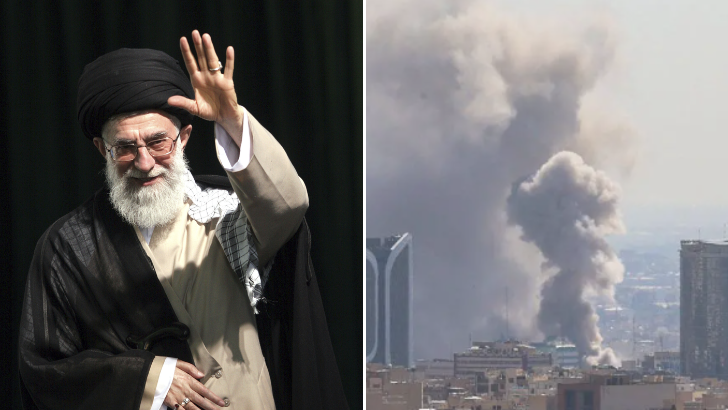World shares advance, led by 6% jump in Tokyo as markets calm somewhat after Trump's tariff shocks
Markets recover slightly after Trump’s tariff threats shake global shares with Tokyo Nikkei surging over six percent and Wall Street rebounding
PTI
-
President Donald Trump arrives to address a joint session
Bangkok, 8 April
World shares and US futures advanced Tuesday, led by gains in Tokyo where the Nikkei 225 shot up just over six per cent as markets calmed somewhat after the shocks from President Donald Trump's tariff hikes.
The modest rebound for most markets followed a wild day on Wall Street, where stocks careened after Trump threatened to crank his double-digit tariffs higher.
Early Tuesday, China's Commerce Ministry said it would 'fight to the end' and take unspecified countermeasures against the United States after Trump threatened another 50 per cent tariff on Chinese imports.
Germany's DAX gained 0.9 percent to 19,975.81 while the CAC 40 in Paris was up 1.3 per cent at 7,018.79. Britain's FTSE 100 also picked up 1.3 per cent to 7,804.73.
The future for the S&P 500 gained 1.5 per cent early Tuesday while that for the Dow Jones Industrial Average was up 1.9 per cent.
In Tokyo, the Nikkei 225 closed a smidgen over six per cent higher, at 33,012.58.
Hong Kong also recovered some lost ground, but nothing close to the 13.2 per cent dive on Monday that gave the Hang Seng its worst day since 1997, during the Asian financial crisis.
The Hang Seng gained one per cent to 20,036.03. The Shanghai Composite index jumped 1.4% to 3,140.15 after the government investment fund Central Huijin directed state-owned companies to help support the market with share purchases.
South Korea's Kospi picked up 0.3 per cent to 2,334.23, while the S&P/ASX 200 in Australia climbed 2.3 per cent to 7,510.00.
Markets in Thailand and Indonesia tumbled, however, as they reopened after holidays. Trading was suspended briefly in Jakarta when the JSX index fell more than nine per cent. It was down 7.6 per cent by mid-afternoon. Thailand's SET lost 4.2 per cent.
In Taiwan, the Taiex lost four per cent, pulled lower by losses for Taiwan Semiconductor Manufacturing Corp., or TSMC, the world's largest computer chip maker. Its shares fell 3.8 per cent on Tuesday.
On Monday, the S&P 500 sagged 0.2 per cent as shell-shocked investors watched to see what Trump would do next in his trade war. If other countries agree to trade deals, he could lower his tariffs and avoid a possible recession. But if he sticks with tariffs for the long haul, stock prices may fall further.
The Dow sank 0.9 per cent, and the Nasdaq composite edged up by 0.1 per cent.
All three indexes started the day sharply lower. But a false rumor that Trump was considering a 90-day pause on his tariffs caused the Dow and S&P 500 to shoot higher in the late morning. A White House account on X quickly labeled as 'fake news' the rumor that raised hopes Trump may let up on tariffs, causing shifts in trillions of dollars of investments.
Soon afterward, Trump dug in further, saying he may raise tariffs more against China after the world's second-largest economy retaliated last week with its own set of tariffs against US products.
Trump's trade war is an attack on the globalisation that's shaped today's world economy and helped bring down prices, but also caused manufacturing jobs to leave for other countries.
He has said he wants to bring factory jobs back to the United States, a process that could take years. Trump also says he wants to narrow trade deficits with other countries, but it's unclear how much room for negotiation there is on the US side or among its trading partners.
Indexes swung between losses and gains Monday, partly because investors are still hoping negotiations may forestall actual implementation of the stiff duties on all imports.
All that seemed certain Monday was the financial pain hammering investments around the world.
Hurt by worries that a global economy weakened by trade barriers will burn less fuel, the price of a barrel of benchmark US crude oil dipped below $60 on Monday for the first time since 2021. Early Tuesday, it was up 67 cents at $61.37 per barrel.
Brent crude, the international standard, gained 65 cents to $64.86 per barrel.
In currency trading, the US dollar fell to 147.32 Japanese yen from 147.85 yen. The euro fell to $1.0982 from $1.0905.
The price of gold rose $54 to about $3,028.00 an ounce.
Bitcoin gained 6.2 per cent to about $79,400. On Monday it sank below $79,000, down from its record above $100,000 set in January.
Leave a Reply
Your email address will not be published. Required fields are marked *








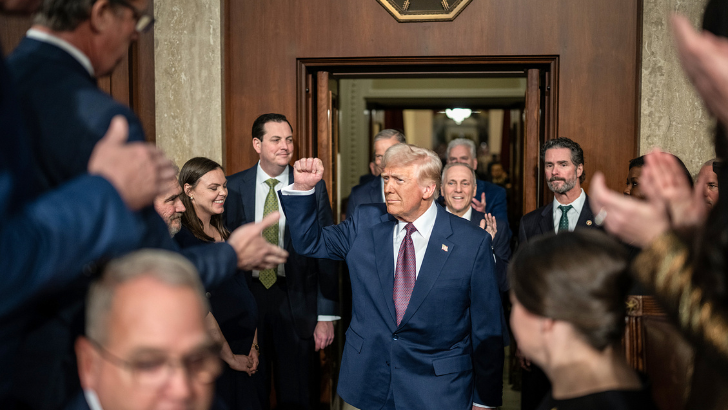


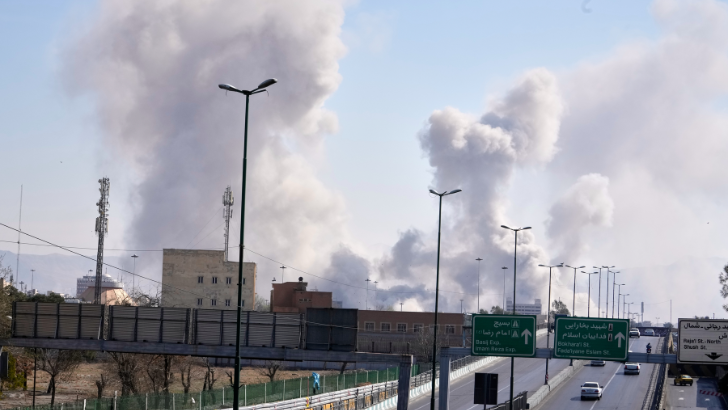
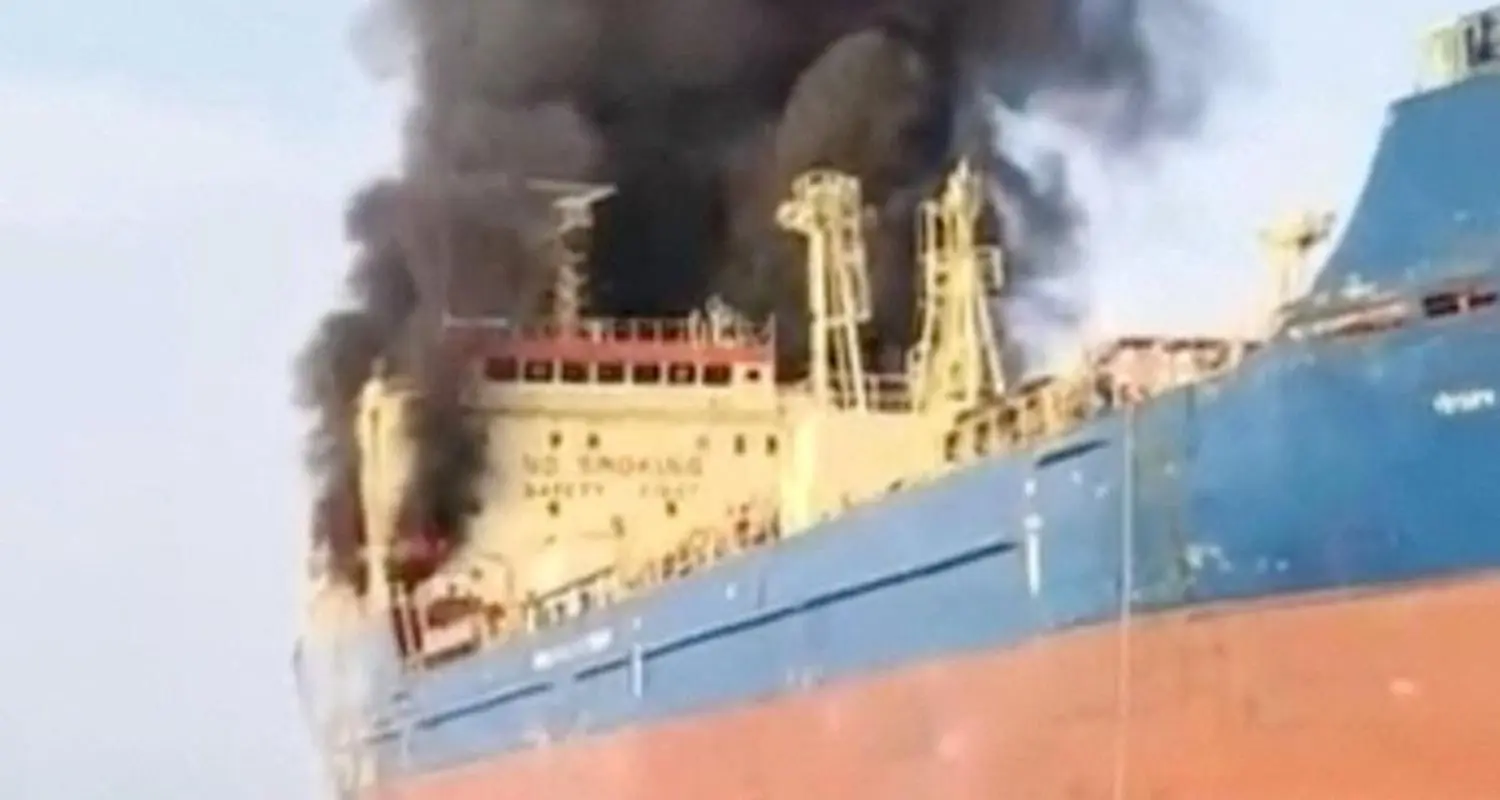
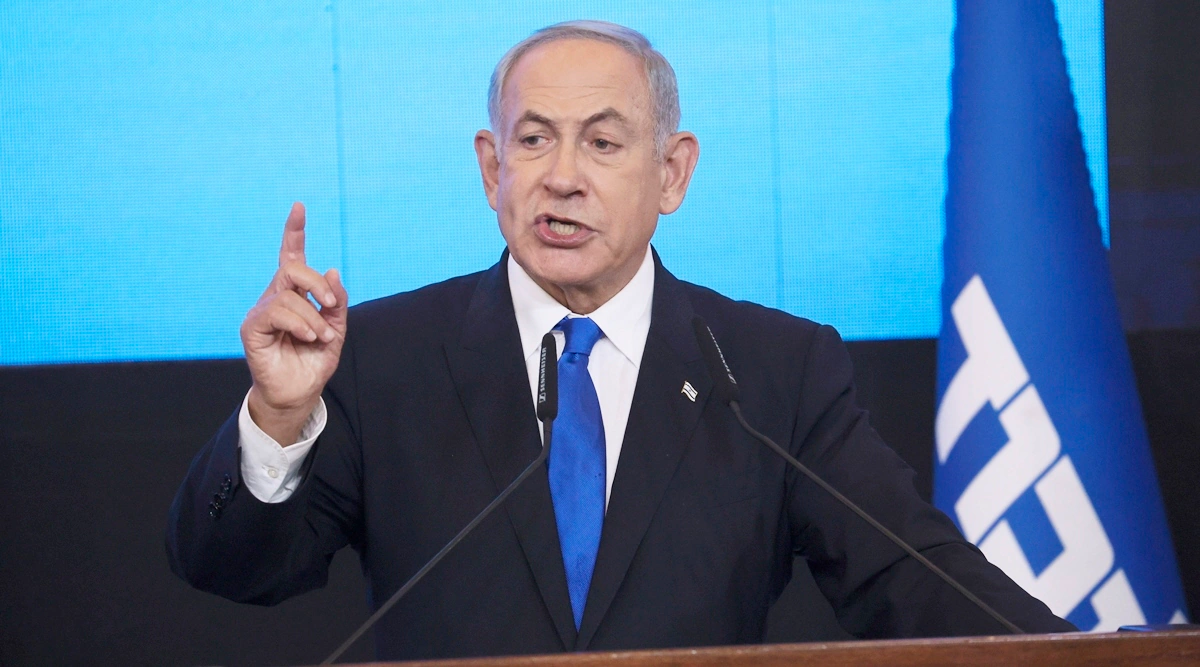
.jpg)
